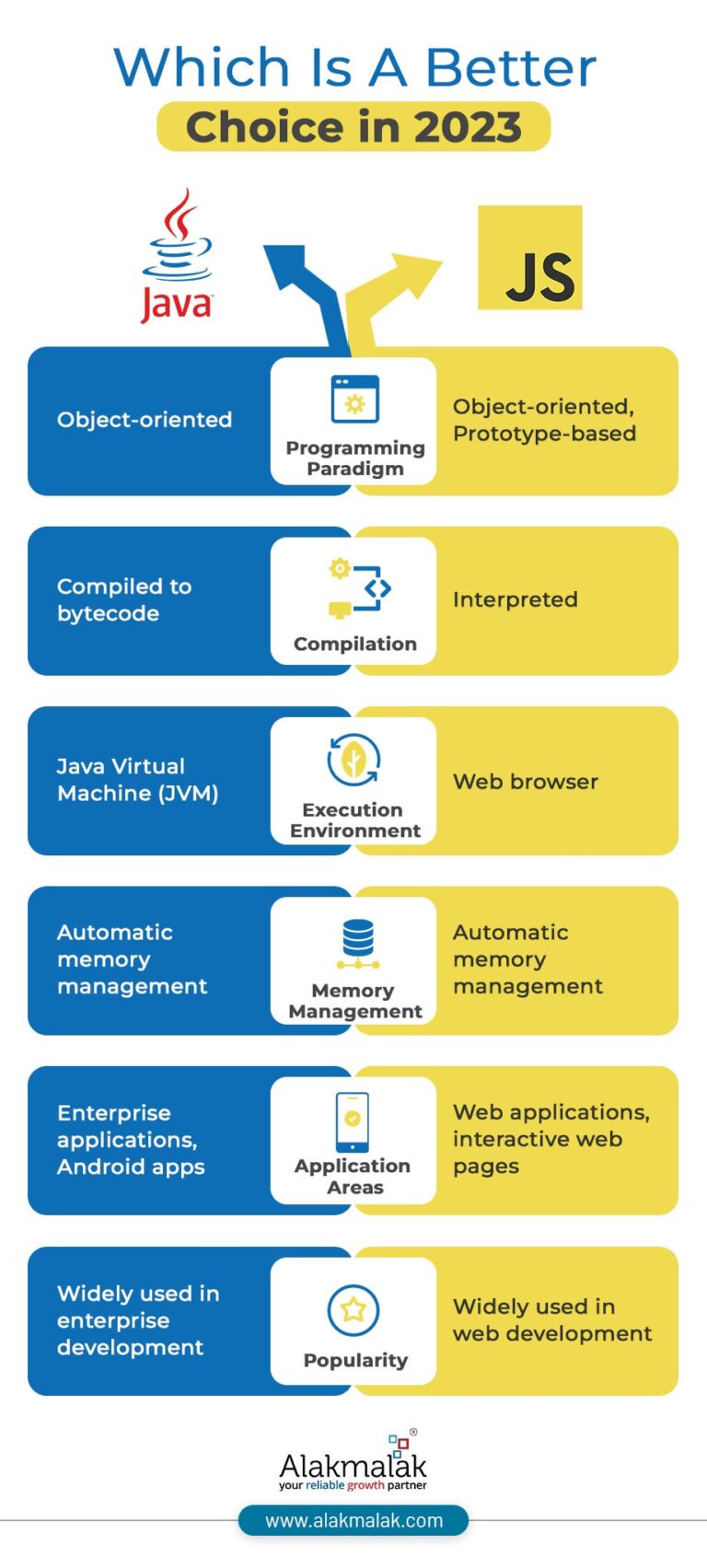Demystifying Digital Security: The Firewalls vs. VPNs Battle for Your Business
In an era where digital threats loom large, the toolkit for safeguarding your online presence must be sharp and precise. Small businesses, in particular, are the unsung heroes of the internet battlegrounds, often underestimating the importance of robust security measures. Among the many tools at your disposal, two stalwarts stand out — the mighty firewall and the versatile virtual private network (VPN).

While both play pivotal roles in the security infrastructure, understanding the nuances of their capabilities can make the difference between an impenetrable digital fortress and a system fraught with vulnerabilities. This post aims to dissect the distinct functionalities of firewalls and VPNs, offer insight into how they work, compare their features, and guide you in making an informed decision on which to employ in your business.
Part 1: Understanding Firewalls
What is a Firewall?
A firewall acts as a barrier between your trusted internal network and untrusted external networks, such as the internet. It is designed to prevent unauthorized access to or from a private network.
Types of Firewalls
Packet Filtering
Packet filtering is the most rudimentary form of firewall. It scrutinizes the data packets that attempt to pass through and blocks them based on predefined rules. While it is quick and efficient, it lacks the deep inspection capabilities of its successors.
Proxy Firewall
A proxy firewall focuses on the application layer of the OSI model, serving as an intermediary between clients and servers. It offers more robust security but at the cost of speed and resource usage.
Next Generation Firewall (NGFW)
Combining traditional firewall abilities with additional layers, including intrusion prevention, NGFW evaluates more than just packet data, growing into a proactive security measure.
Stateful Inspection Firewall
This firewall tracks the operating state and characteristics of network connections passing through it, ensuring that the ongoing communication matches well-defined security policies.
Benefits and Limitations
Firewalls are exceptional at blocking unwanted traffic and can be relatively easy to set up and manage, making them a staple of network security. However, their effectiveness diminishes in the face of more sophisticated threats that can disguise themselves as legitimate traffic.
Part 2: Understanding VPNs
What is a VPN?
A VPN extends a private network across a public network, and enables users to send and receive data across shared or public networks as if their computing devices were directly connected to the private network.
How Does a VPN Work?
Utilizing encryption and various tunneling protocols, VPNs secure your internet connection to guarantee the confidentiality and integrity of data transmissions.
Types of VPNs
Remote Access VPN
Remote Access VPNs provide a secure method for individual users to connect to a private network from a remote location, typically their homes or a public Wi-Fi spot.
Site-to-Site VPN
Site-to-Site VPNs link entire networks together from different geographic locations, giving the illusion of a single, private network.
Client-to-Site VPN
This method involves individual devices connecting to multiple different networks from the client side, ideal for consulting or on-the-go business operations.
Advantages and Disadvantages
VPNs offer the invaluable resource of secure remote access and network interconnectivity but can suffer from reduced internet speeds due to the overhead of encryption processes.

Part 3: Comparing Firewalls and VPNs
Firewall vs. VPN: What’s the Precision Difference?
While both firewalls and VPNs serve as shields against cyber-attacks, they operate at different levels. Firewalls focus on the traffic flowing into your network, identifying threats before they penetrate. VPNs step in to provide secure tunnels for data, digitally cloaking your connection from prying eyes.
Bridging the Gap for Holistic Defense
The two can work in tandem — a firewall to screen traffic and a VPN to secure and anonymize your data. This collaboration creates a comprehensive security solution where no stone is left unturned.
Functionality, Security, Use Cases
Understanding the specific functions of firewalls and VPNs breeds clarity: Firewalls are about controlling traffic, whereas VPNs are about secure communication. The security provided by these systems differs in scope, with firewalls focusing on network security and VPNs on data security.
Part 4: Choosing the Right Solution
What to Consider When Making the Choice
When deciding which route to take, assess your business needs, the sensitivity of data you handle, and your employee’s work habits. If your business emphasizes remote work, a VPN might be the more urgent need. Conversely, if your data is centralized, investing in a robust firewall can be significant.
Crafting a Comprehensive Security Strategy
A one-size-fits-all approach seldom fits anyone adequately. Pairing the security functionalities of a firewall and a VPN with other measures — such as routine assessments and employee education — completes a well-rounded security strategy.
Conclusion
In the grand scheme of your digital defense, firewalls and VPNs are not adversaries but allies. Their combined strength creates a formidable barrier against the rising tide of online threats. Small business owners must take charge of their digital security, educating themselves on the tools available and the best practices to implement them.
Adopting a myopic view on security can lead to catastrophic outcomes. Now, armed with this knowledge, take the necessary steps to fortify your business against the unseen. If you haven’t integrated firewalls and VPNs into your security protocols, there’s no better time than now to start.
Remember, the convenience of the digital era should not overshadow the critical aspect of data protection. In the end, the line between safety and vulnerability may come down to a single, informed decision. Choose wisely, and your business will thrive unencumbered by the fear of digital invasion.







